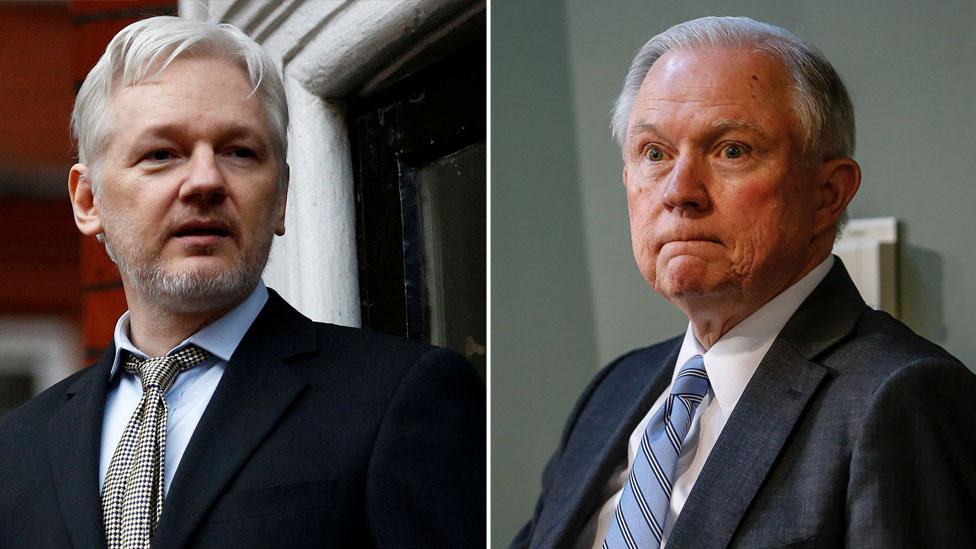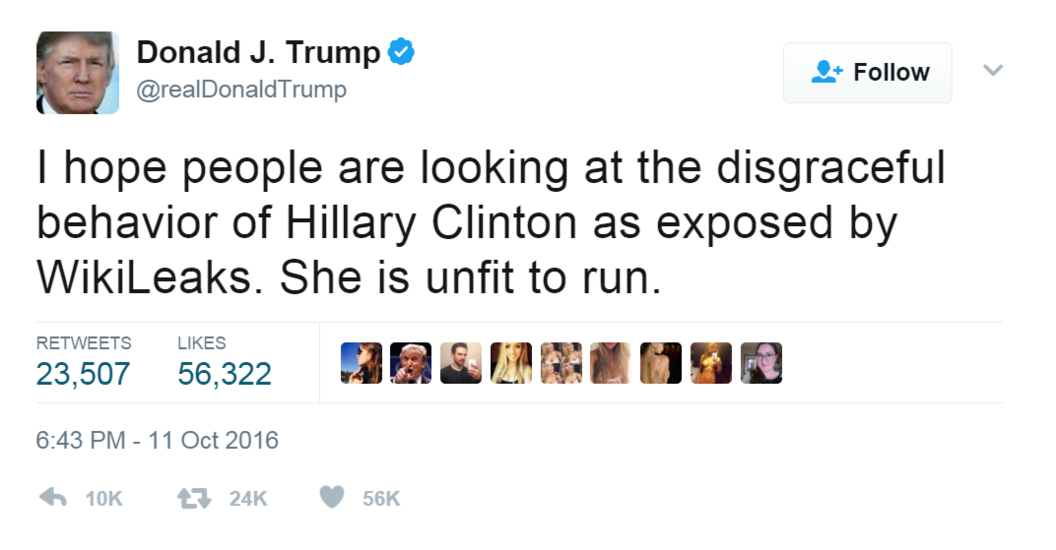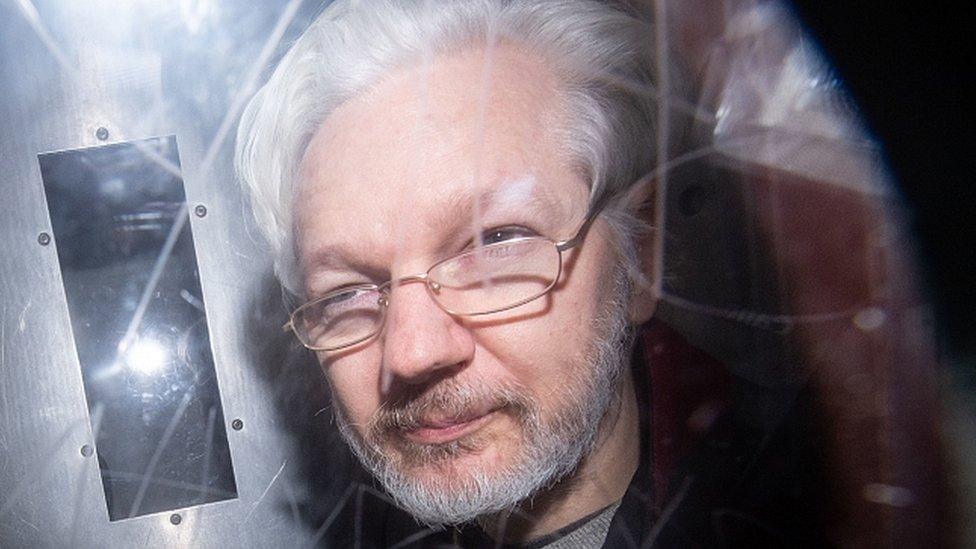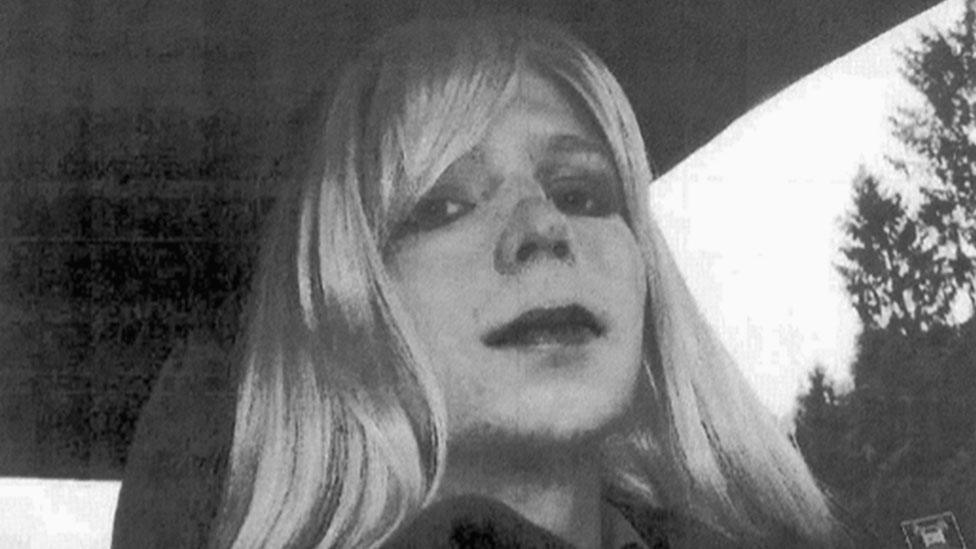Julian Assange's arrest a 'priority' for US attorney general
- Published

Jeff Sessions (right) said the US would "seek to put some people in jail"
The US attorney general, Jeff Sessions, says arresting Wikileaks founder Julian Assange is a "priority".
Mr Assange has been confined to London's Ecuadorean embassy, where he has asylum, for almost five years.
Asked about the possibility of his arrest, Mr Sessions said: "We've already begun to step up our efforts and whenever a case can be made, we will seek to put some people in jail."
Earlier reports had suggested US authorities were preparing charges.
Wikileaks, which was founded by Mr Assange, has been involved in several high-profile releases of classified US information.
"This is a matter that's gone beyond anything I'm aware of," Mr Sessions told reporters.
"We have professionals that have been in the security business of the United States for many years that are shocked by the number of leaks and some of them are quite serious.
"So yes, it is a priority."
The Washington Post and other US media outlets report that federal prosecutors have been considering filing charges against Assange and other members of Wikileaks, citing anonymous sources.
But aside from Mr Sessions' brief comment, there has been no official confirmation from the US justice department about impending charges.
The move to prosecute Mr Assange would represent a significant departure from previous policy under President Barack Obama, when the justice department concluded it would be difficult to bring charges.
Trump turnabout
Wikileaks was praised by President Donald Trump for its work during the election campaign, when it released hacked emails belonging to a Hillary Clinton aide.
Mrs Clinton later claimed they were a factor in her losing the election.

US intelligence agencies have concluded that Russia was behind the hack, and used Wikileaks to harm the chances of Mrs Clinton and favour Mr Trump.
Mr Assange said the release was not intended to affect the election.
But now, the Trump administration has taken a dim view of Wikileaks' activities. In March, Wikileaks released information on hacking tools it said were used by the CIA.
Last week, CIA Director Mike Pompeo described it as a "hostile" intelligence service abetted by Russia, and Mr Assange as a "fraud".
Former CIA boss: latest leak on Wikileaks has 'made my country less safe'
"It's time to call out WikiLeaks for what it really is - a non-state hostile intelligence service often abetted by state actors like Russia," said Mr Pompeo.
The Justice Department has been investigating Mr Assange since his website posted thousands of embarrassing diplomatic cables stolen by a US Army soldier, now known as Chelsea Manning.
Mr Assange was granted asylum by Ecuador in June 2012 to prevent his extradition to Sweden to face sexual assault allegations - which he feared would then lead to his extradition to the United States.
He remains confined to the Ecuadorean embassy in London, where police have said he will be arrested if he leaves the building.
- Published25 June 2024

- Published16 May 2017
